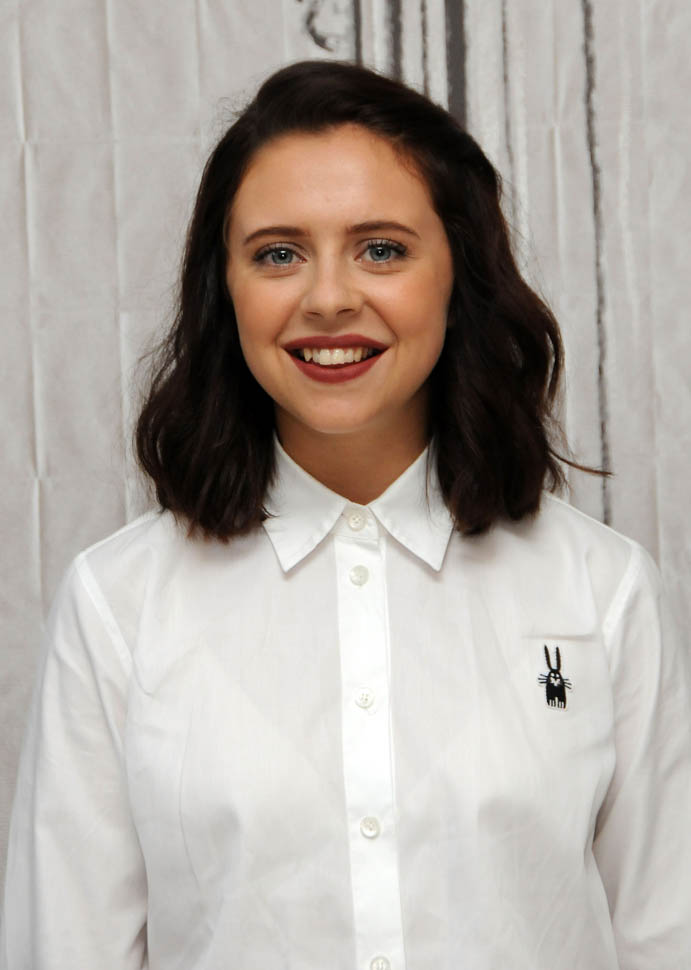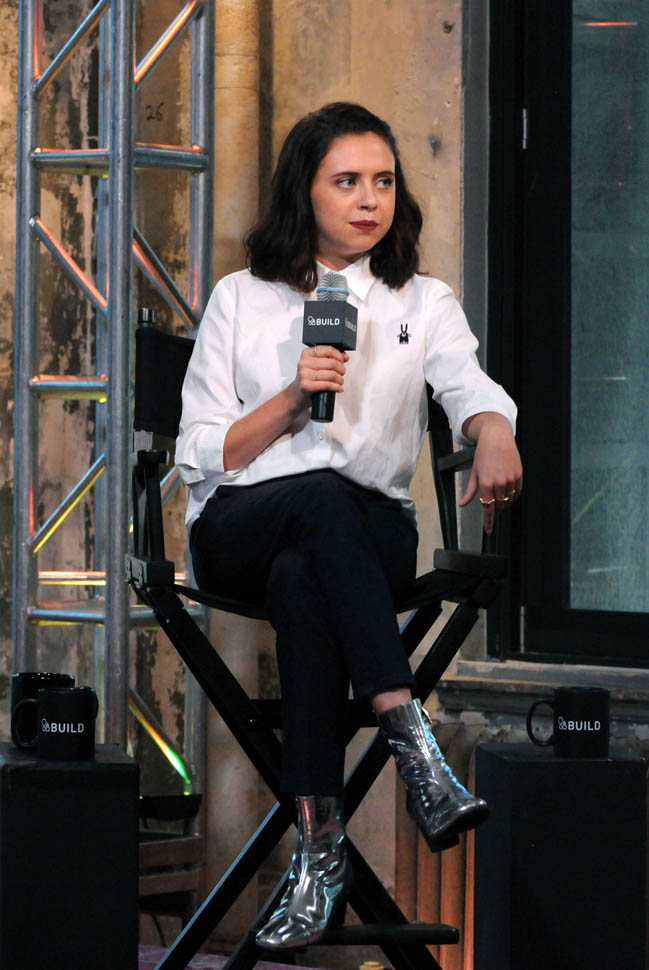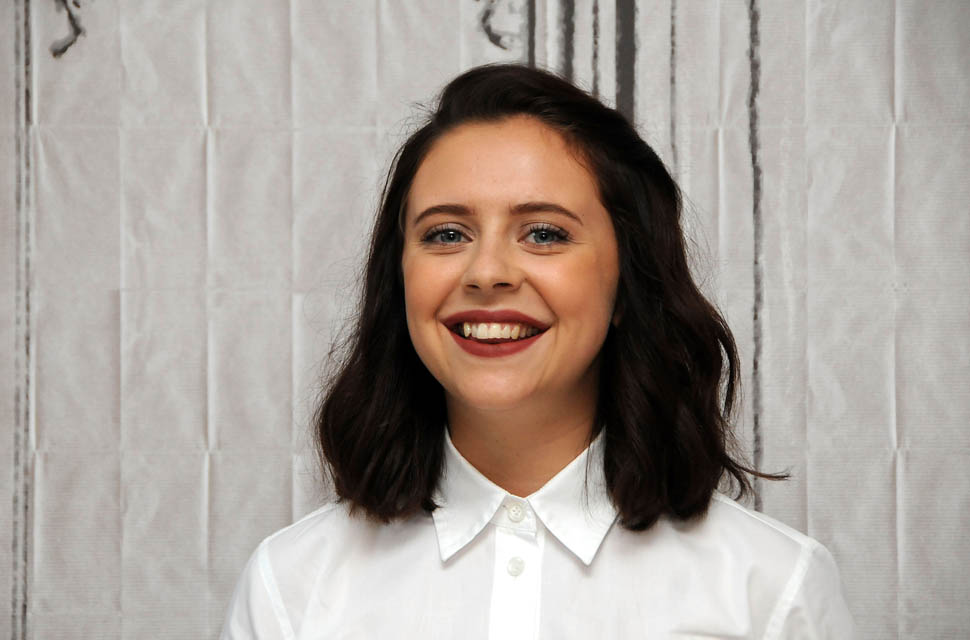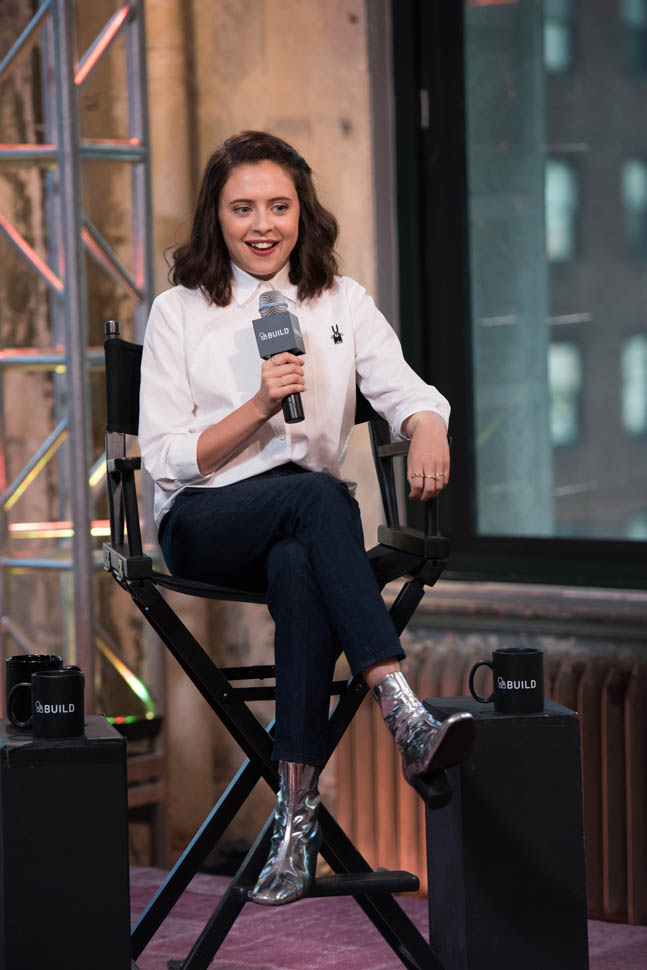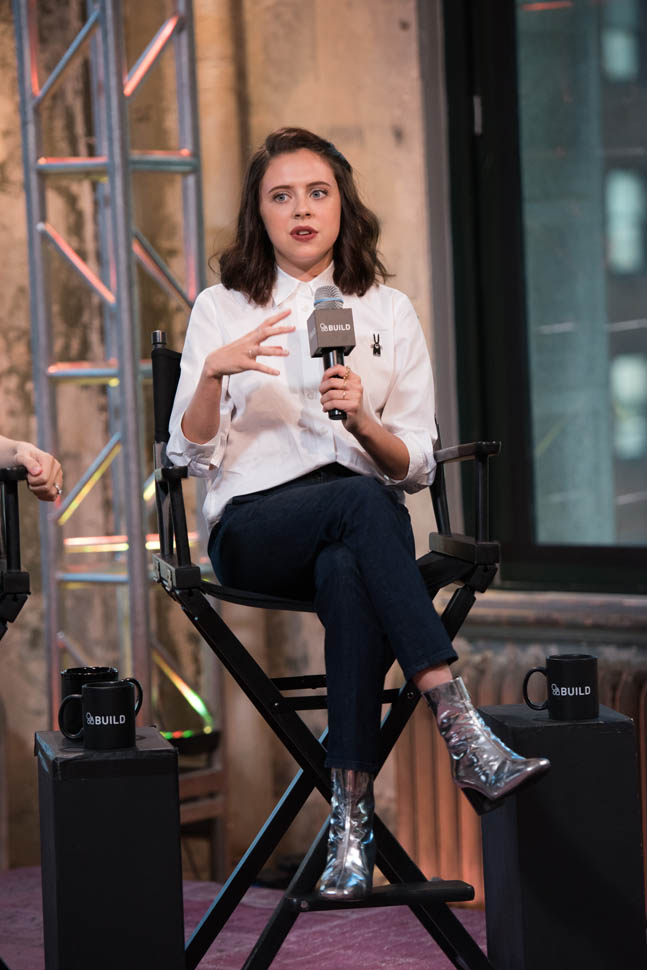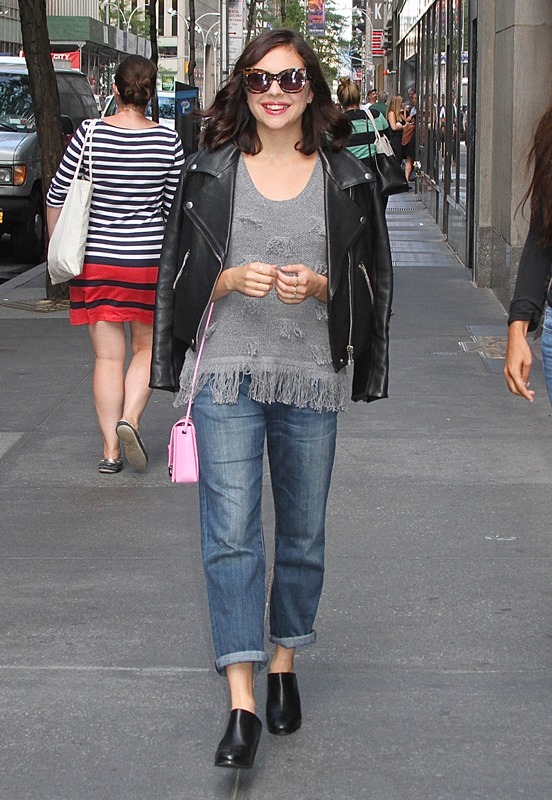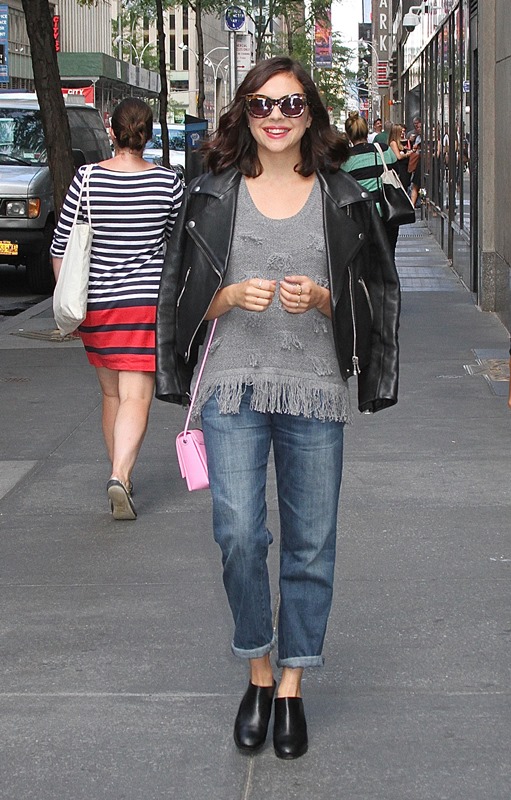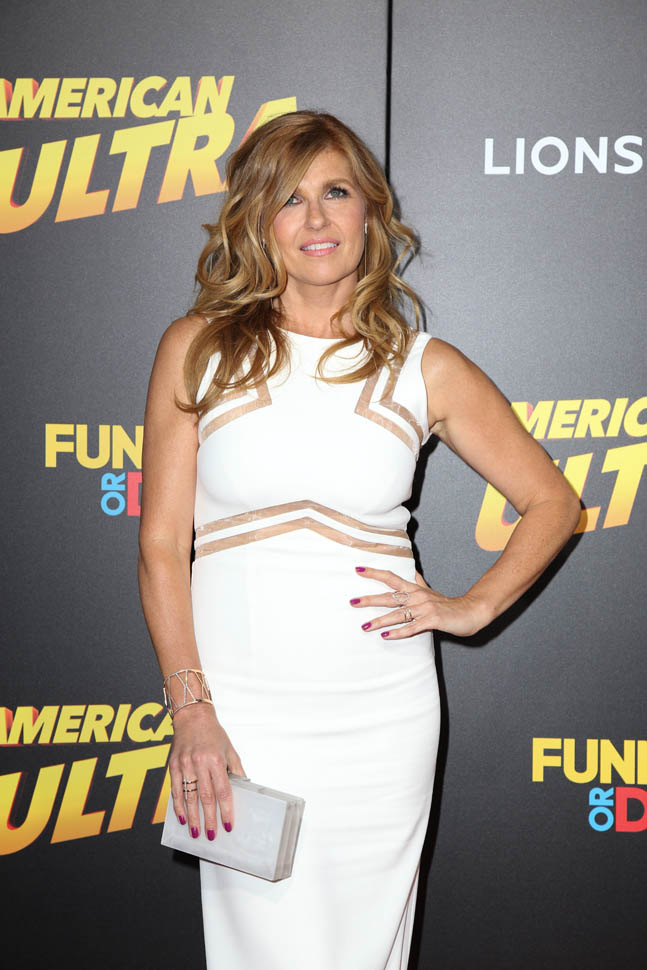Bel Powley in The Diary of a Teenage Girl



The Diary of a Teenage Girl is a film about discovery, and a big part of the joy in watching it is discovering things alongside the protagonist and narrator, Minnie (British actress Bel Powley, making a case for international stardom), a wildly charming lead who balances naiveté and precocity without ever dipping into cloying or pretentious. “I had sex today,” Minnie informs us in the opening scene. Yes, we think. Tell us more. It’s not about titillation or exploitation, it’s just that Minnie is so honestly excited for this life event to have occurred, that she, by virtue of the hook and Powley’s own charisma, immediately sucks us into her narrative.
Written and directed by Marielle Heller, an actress best known for—MacGruber? Maybe?—and adapted from Phoebe Gloeckner’s memoir-cum-graphic novel, Diary is set in 1976 San Francisco, where Minnie lives with her mother Charlotte (Kristin Wiig), and younger sister Gretel (Abby Wait). Charlotte’s “main boyfriend”, Monroe (Alexander Skarsgard), is the deflowerer of Minnie—he’s twenty years older than her. The amazing thing about Diary is how empathetic and non-judgmental Heller is as a storyteller. Charlotte is not a bad mother, she’s just not especially interested in the act of mothering, but she does have real affection for her daughters. And the point here is not that Monroe is a predatory creep—or, not very much of one—as he expresses doubt and guilt over his affair with Minnie but that he’s part of Minnie’s narrative.
It’s not hard to understand why Monroe gets involved with her—Minnie’s youth reinvigorates him, her passion rekindles his. This is not Andrea Arnold’s predatory Fish Tank in which an older man (played by a terrifically sharky Michael Fassbender) openly targets and preys on an insecure teenage girl. Monroe is drawn more complicated and sympathetic than that, and Minnie is almost ruthlessly confident. She doesn’t understand all the new impulses storming her body as hormones take over, but she knows she likes them. “I like sex,” she proclaims in voice over narration, which is often accompanied by animation, which is especially funny when Minnie imagines penises bursting out everywhere. In a later scene with her limp high school boyfriend, Minnie takes charge of their sex for her own gratification, much to her boyfriend’s dismay. He calls her “intense”—we hear “too much”.
Diary is unflinching in regards to Minnie’s sexuality, but it’s never provocative or exploitative. From the first scene, Minnie has become a sexual being, and neither she nor Heller’s script apologizes for it. But it’s also not a brash, women-f*ck-too power narrative—there are real consequences, emotional and otherwise, of Minnie’s affair with Monroe. Diary is not a morality tale, either, it’s just a complete portrait of a girl discovering her sexuality and moving toward womanhood—I say “just” like it’s par for the course, but it’s rare to see female sexuality depicted this honestly in film. It’s complex and nuanced, and it presents sex as something that Minnie is entitled to simply because she wants it, and she has nothing to be embarrassed or ashamed about.
With its attitude toward sex Diary reminds me of The Duke of Burgundy, also an unapologetic take on female sexuality, as well as sexploitation cult classic Student Nurses, a film that sits on the border of softcore camp and an actual feminist agenda. What they have in common is an attitude that having sex equates to confidence. Power is part of the equation, but the real emphasis in Diary is put on Minnie’s transformative confidence as she explores her sexuality. Sex is not a “loss of innocence”, it’s a “gain of confidence”. The Diary of a Teenage Girl is a wonderful film, one that reassures girls that their bodies and sexuality are not their enemies, but something for them to explore and relish, while also reminding adults that having sex does not equate to ruination. Minnie is sex-crazed and she’s adorable, she’s f*cking and charming. She is undoubtedly making mistakes, but her sexuality is just a part of her, like her fanciful imagination. It’s not a disaster or something she’ll have to overcome.


